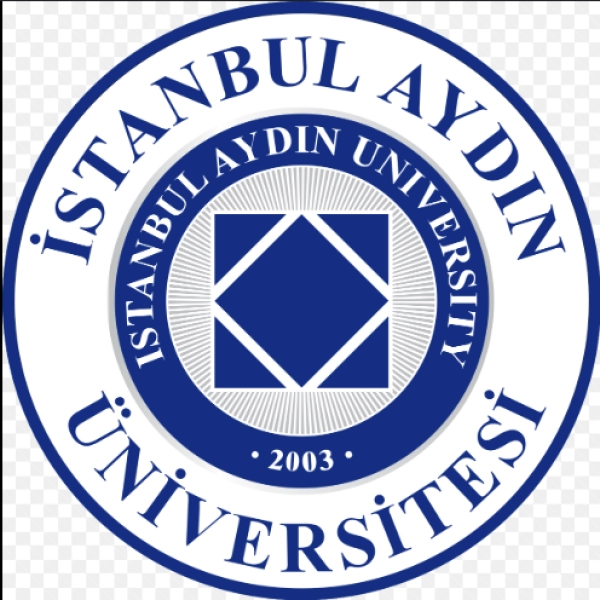College: Graduate Programs Institute
This specialization provides a comprehensive understanding of the principles and practices of educational management, focusing on effective administration and leadership of educational institutions. Students will explore key topics such as educational leadership, policy development, resource management, and curriculum design. The specialization emphasizes integrating theoretical knowledge and practical skills to prepare students for careers in school management, educational policy, and organizational leadership in the education sector.
Learning Objectives:
- Understand the basic principles of educational management and their role in improving educational outcomes.
- Develop skills in planning, organizing, and leading educational institutions.
- Learn techniques for effective decision-making, policy development, and resource allocation in education.
- Explore educational leadership principles and apply them in managing schools and educational organizations.
- Understand the impact of educational policies and stakeholder engagement and community involvement on institutional success.
- Analyze challenges and opportunities for working in diverse and dynamic educational environments.
- Develop critical thinking and problem-solving skills to address challenges in educational management and leadership.
Main Outline:
- Introduction to Educational Management
- An overview of educational management, its history, and its importance in the education sector.
- Educational Leadership
- Fundamentals of educational leadership, including leadership styles, vision setting, and change management.
- Techniques for inspiring and motivating teachers, students, and stakeholders.
- Educational Policy and Governance
- Principles of developing, implementing, and evaluating educational policy.
- Techniques for understanding and navigating the governance structures of educational institutions.
- Curriculum Design and Development
- Fundamentals of curriculum design, including alignment with educational standards and learner needs.
- Techniques for developing, implementing, and evaluating effective curricula.
- Resource Management in Education
- An overview of resource management, including budgeting, financial planning, and resource allocation.
- Techniques for optimizing human, financial, and material resources in educational institutions.
- Human Resource Management in Education
- Principles of human resource management, including recruitment, professional development, and teacher performance evaluation.
- Techniques to enhance a positive and productive organizational culture in schools.
- Educational Technology and Innovation
- Fundamentals of integrating technology in education, including e-learning tools and digital resources.
- Techniques for leveraging innovation to enhance teaching and learning experiences.
- Emerging Trends in Educational Management
- Impact of emerging trends, such as personalized learning, data-driven decision-making, and global educational initiatives, on educational management.
- Techniques for adapting to new trends and implementing them in educational institutions.
Assessment Methods:
- Case studies and projects to assess practical educational management skills.
- Written assignments and research papers to evaluate knowledge of educational theories and practices.
- Presentations and reports on policy development, curriculum design, and resource management.
- Participation in group projects and educational leadership simulations.
Recommended Textbooks:
- "Educational Administration: Concepts and Practices" by Fred C. Lunenburg and Allan C. Ornstein.
- "Supervision: A Reflective Practice Perspective" by Thomas J. Sergiovanni.
- "Strategic Planning for Educators" by Richard D. Sorenson and Lloyd M. Goldsmith.
Prerequisites:
A basic knowledge of education and management is recommended. This specialization is suitable for students in education, educational management, and related fields.
Program Duration:
This specialization typically lasts four academic years, combining lectures, case studies, and practical training.
Certification:
Upon successful completion, students may receive a degree in Educational Management, depending on the program and institution.
Target Audience:
This specialization is designed for undergraduate and graduate students in education, educational management, and related fields, as well as professionals seeking to enhance their skills in educational management and leadership. The specialization prepares students and professionals to lead educational institutions, improve learning outcomes, and contribute to the advancement of educational systems.



